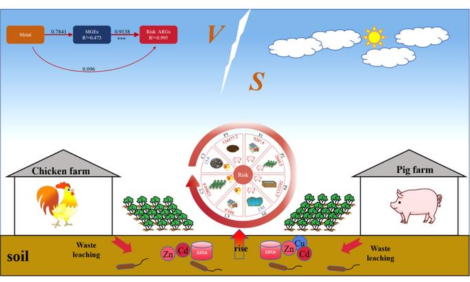



Report Leads the Way to Sustainable Beef
GLOBAL - Sustainable beef is important in producing nutrition from key global agricultural resources while regulating carbon, biodiversity and water through extensive use of grasslands, states a new report.Furthermore, by investing in livestock agriculture, increasing feed efficiency and improving management, developing regions have ‘sufficient scope’ to reduce methane emissions.
An article published in the Proceedings of the National Academy of Sciences of the United States this week has presented data sets on livestock systems, biomass use, emissions and efficiencies.
According to the team of researchers, the information will assist in the understanding of livestock sustainability and its role in food security.
The research, led by Mario Herrero, Chief Research Scientist, Food Systems and the Environment, CSIRO, revealed that livestock production uses 30 per cent of the world’s ice free surface, the biggest land use system on earth.
But, because developing regions centre on grassland, while industrialised nations can feed grains and concentrate feed, there is huge variation in beef production efficiency.
However, smallholder livestock production is of economic importance, accounting for up to 80 per cent of output in developing regions, the report stated.
This was emphasised due to the report’s focus on feed source, categorising the world’s cattle forage as grains, grass, occasional (hay, silage) and stover.
Complementing grazing with stover is critical in South Asia and Latin America, at 50 per cent of ruminant diets.
Doing so utilises waste products humans are unable to use. Globally, 83 per cent of stover used in animal feed is fed to ruminants.
This is partly because of the lower digestibility and crude protein of vegetation in arid climates.
Metabolisable energy concentrations of 8-9.5 MJ/kg of dry matter are well adrift of the 9.5-12.5MJ in humid and temperate regions.
The researchers explained this hits production on two counts. Firstly, it decreases intake and secondly, lowers feed efficiency.
The complex nature of feed usage analysis was also highlighted. The report suggested that more developed livestock systems do not necessarily use less grazing as more cattle can be farmed in mixed crop-livestock systems.
Measures to improve the sustainability of developing regions centre on funding, institutional support, feed efficiency and animal management.
The report also suggested that appropriate consumption levels could be met globally by consumer scrutiny of how much meat is needed and how it was produced, in comparison to the more efficient pork and poultry meats.
Michael Priestley
News Team - Editor
Mainly production and market stories on ruminants sector. Works closely with sustainability consultants at FAI Farms



